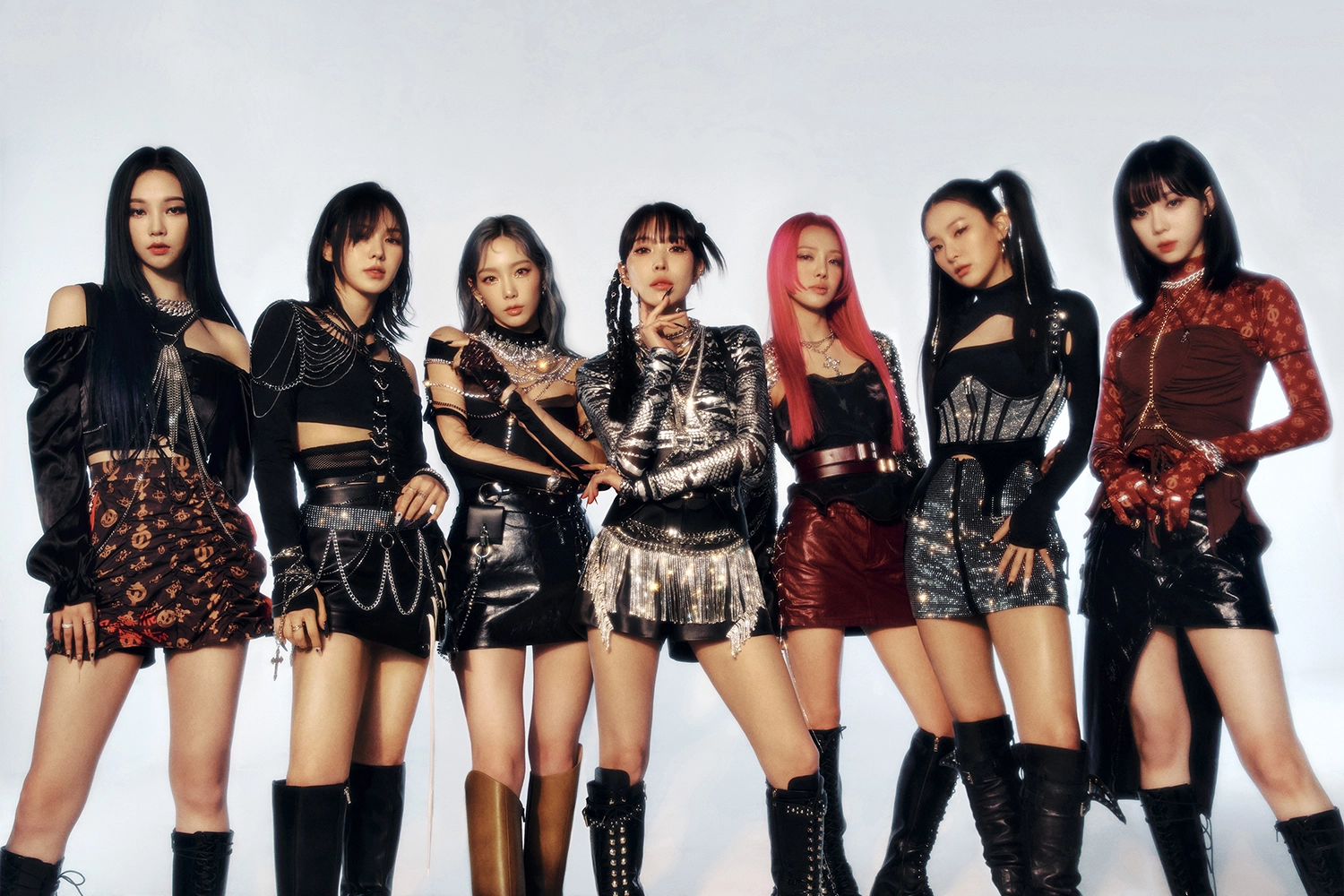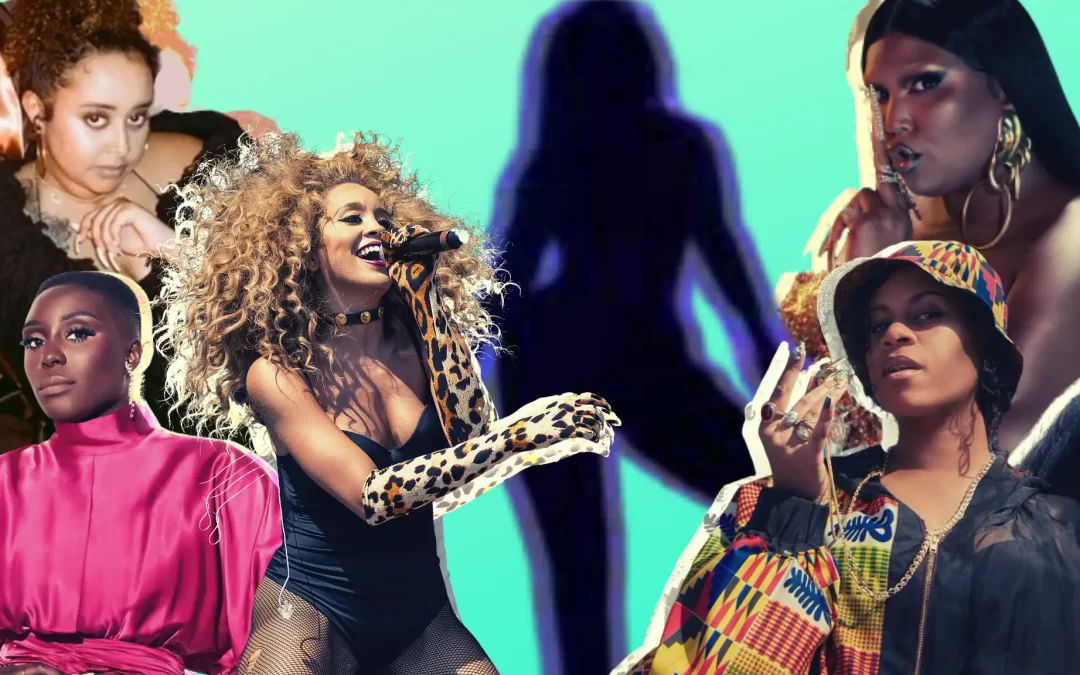The music industry has long been a male-dominated field, with women facing systemic discrimination and barriers to entry. Despite progress in recent years, gender disparities persist, and women still face challenges in their pursuit of success in music. In this blog post, we’ll explore the challenges facing women in the music industry in 2023, examine the root causes of these challenges, and discuss possible solutions.
As we look to the future of the music industry, it is important to acknowledge and address the challenges facing women in the industry, in order to create a more equitable and inclusive environment for all musicians.
Underrepresentation in the Music Industry
Despite the fact that women make up half of the world’s population, they are still underrepresented in the music industry. According to a study conducted by the USC Annenberg Inclusion Initiative, only 21.7% of popular songs from 2012-2018 were performed by women. In addition, women make up only 12.3% of songwriters and only 2.1% of producers.
One of the main reasons for this underrepresentation is the lack of opportunities for women. Women are less likely to be signed by record labels, and they have less access to the resources and connections needed to succeed in the music industry. Moreover, the industry tends to favor male performers, songwriters, and producers, perpetuating the cycle of underrepresentation.
Several initiatives and organizations are dedicated to promoting gender diversity in the music industry. For instance, the She Said So organization is a global network of women in the music industry that works to empower and promote women in the field. Additionally, the Recording Academy’s Task Force on Diversity and Inclusion is working to promote diversity and inclusivity in the music industry.
Gender Pay Gap
The gender pay gap is another issue that women in the music industry face. Women are paid less than men in almost every aspect of the music industry, from performance to songwriting to production. According to a study by the PRS Foundation, women earn only 12.6% of the money generated by the music industry.
One of the reasons for this gap is the tendency for women to be undervalued and underpaid for their work. Additionally, women are less likely to negotiate for higher salaries or to demand equal pay. This is compounded by the fact that women often have less access to opportunities and resources in the industry, which limits their earning potential.
There are several organizations and initiatives working to close the gender pay gap in the music industry. For instance, the Keychange initiative is a global movement that aims to increase gender diversity in music festivals, conferences, and other events. Additionally, the Union of Musicians and Allied Workers is a grassroots organization that advocates for the rights of music workers, including equal pay for women.
Sexual Harassment and Misconduct
Sexual harassment and misconduct have long been pervasive issues in the music industry. Women in the industry are often subjected to unwanted advances, sexual harassment, and even assault. In recent years, the #MeToo movement has brought these issues to the forefront of public consciousness, prompting widespread discussions about the prevalence of sexual harassment in the music industry.
One of the reasons for the prevalence of sexual harassment and misconduct is the power dynamics at play in the industry. Record labels, producers, and executives often hold a great deal of power over performers and other workers, which can create an environment ripe for abuse. Additionally, the hypersexualization of women in music and the media can contribute to a culture that normalizes and excuses sexual harassment and misconduct.
There have been several efforts to promote awareness of sexual harassment and misconduct in the music industry. For instance, the Recording Academy has established a task force to address issues of sexual harassment and assault in the industry. Additionally, the Time’s Up initiative, which was started in the wake of the #MeToo movement, has expanded to include a focus on the music industry. These efforts aim to promote accountability and change within the industry and to empower women to speak out against sexual harassment and misconduct.
Lack of Diversity and Inclusivity
The lack of diversity and inclusivity in the music industry is another challenge facing women in the field. Women of color, in particular, face significant barriers to entry and advancement in the industry. According to a report by the USC Annenberg Inclusion Initiative, only 7.6% of popular songs from 2012-2018 were performed by women of color.
One of the reasons for this lack of diversity is the tendency for the industry to prioritize white, male performers, songwriters, and producers. Additionally, there is a lack of representation of women of color in positions of power within the industry, which can limit opportunities for women of color.
To address this issue, there are several initiatives and organizations working to promote diversity and inclusivity in the music industry. For instance, the Black Women in Music organization is dedicated to promoting and supporting black women in the industry. Additionally, the Diversity and Inclusion Committee of the Recording Academy is working to promote diversity and inclusivity in all aspects of the industry.
Body Image Pressures
Women in the music industry also face significant pressure to conform to certain beauty standards, which can have negative impacts on their mental and physical health. The hypersexualization of women in music and the media contributes to a culture that values thinness and conventional beauty ideals, and women who do not conform to these standards may face discrimination and negative feedback from industry professionals and fans alike.
To address this issue, there have been efforts to promote body positivity and acceptance in the music industry. For instance, the “Real Women, Real Stories” campaign by the clothing brand Aerie features women of all shapes and sizes, promoting a message of body acceptance and positivity. Additionally, musicians like Lizzo have been vocal about their experiences with body shaming and have promoted body positivity through their music and social media presence.

K-Pop super group Girls on Top
The pressure to conform to certain beauty standards is not unique to the music industry, but it is especially pervasive in the entertainment world, where appearance is often considered just as important as talent. This pressure can be particularly acute for women, who are often judged more harshly for their looks and bodies than their male counterparts.
In hip-hop culture, where hypermasculinity and sexualized imagery are often celebrated, women can face particularly intense pressure to conform to certain beauty standards. This can lead to body image issues and disordered eating, as women feel they must achieve a certain look in order to succeed in the industry.
However, there have been efforts to push back against these pressures and promote body positivity and inclusivity in hip-hop culture. Rapper Lizzo, for example, has been outspoken about her body positivity and self-love, and has used her platform to encourage others to embrace their bodies as they are.
Additionally, some brands and organizations have made efforts to promote more diverse and inclusive beauty standards in the music industry. For example, the lingerie brand Savage X Fenty, founded by singer Rihanna, has been praised for its use of diverse models and emphasis on inclusivity in its advertising campaigns.
Despite these efforts, however, there is still much work to be done to promote body positivity and inclusivity in the music industry, particularly for women in hip-hop. By continuing to challenge harmful beauty standards and promoting diversity and inclusivity, we can create a more empowering and accepting culture for all musicians.
Lack of Representation in Awards Shows
Women in the music industry are often underrepresented in awards shows, which can contribute to a lack of recognition and opportunities. For instance, in the 2021 Grammy Awards, only one woman was nominated for the top four categories, and no women were nominated for Producer of the Year.
One of the reasons for this lack of representation is the tendency for the industry to prioritize white, male performers, songwriters, and producers. Additionally, the voting committees for awards shows are often not diverse, which can contribute to biases and exclusion.
To address this issue, there have been efforts to promote diversity and inclusivity in awards shows. For instance, the Recording Academy has made efforts to diversify its membership and voting committees, and the Keychange initiative is working to promote gender diversity in music awards.
Online Harassment and Abuse
Women in the music industry are also vulnerable to online harassment and abuse, which can have significant impacts on their mental health and well-being. This harassment can take many forms, from misogynistic comments on social media to targeted harassment campaigns.
To address this issue, there have been efforts to promote online safety and combat online harassment. For instance, the organization Hollaback! offers training and resources for individuals and organizations to combat online harassment and abuse.
Additionally, social media platforms like Twitter and Instagram have implemented features to allow users to block and report harassment.
Hip-Hop Culture and Women
Hip-hop culture, in particular, has a complicated relationship with women. While there have been many successful women in hip-hop, the genre has also been criticized for its objectification and devaluation of women. Women in hip-hop often face double standards and misogyny and are subject to harsher criticism and scrutiny than their male counterparts.
One example of this is the controversy surrounding rapper Megan Thee Stallion and her song “WAP” featuring Cardi B. The song, which celebrates female sexuality and empowerment, was met with backlash from conservative critics who accused the artists of promoting vulgarity and indecency. Megan Thee Stallion was also subjected to harassment and threats online, highlighting the ways in which women in hip-hop are often subjected to disproportionate levels of criticism and scrutiny.
To address these issues, there have been efforts to promote gender equality and inclusivity in hip-hop culture. For instance, the organization Hip Hop Sisters Network is dedicated to promoting and supporting women in hip-hop. Additionally, the Women in Hip Hop Festival celebrates the contributions of women in the genre and provides a platform for them to showcase their talent.
Hip-hop culture has been notoriously male-dominated since its inception, with men traditionally occupying most of the top positions in the industry. This has led to a lack of representation and opportunities for women in hip-hop, as well as a culture that often objectifies and devalues women.
However, there have been significant strides made by women in hip-hop in recent years, both in terms of artistic contributions and cultural impact. Women like Nicki Minaj, Cardi B, and Megan Thee Stallion have achieved mainstream success and critical acclaim, and have used their platforms to speak out about issues affecting women in hip-hop.
Furthermore, there has been a growing movement to promote gender equality and inclusivity in hip-hop culture. The Women in Hip Hop Festival, for example, provides a platform for female artists to showcase their talent and connect with industry professionals. The Hip Hop Sisters Network, founded by rapper MC Lyte, is dedicated to empowering and supporting women in hip-hop through education, mentorship, and community building.
Despite these efforts, however, there is still much work to be done to promote gender equality and inclusivity in hip-hop. Women in the industry continue to face significant barriers, including sexism, harassment, and lack of representation. By acknowledging and addressing these issues, and by promoting the contributions and voices of women in hip-hop, we can help create a more equitable and inclusive music industry for all.
Conclusion
The challenges facing women in the music industry are complex and multifaceted, and they require a concerted effort to address. From sexual harassment and misconduct to a lack of diversity and inclusivity, women in the industry face significant barriers to entry and advancement.
However, there are also many initiatives and organizations working to promote gender equality and inclusivity in the music industry. By promoting accountability and change, and by providing platforms for women to showcase their talent and voices, these efforts are helping to create a more equitable and inclusive music industry.






